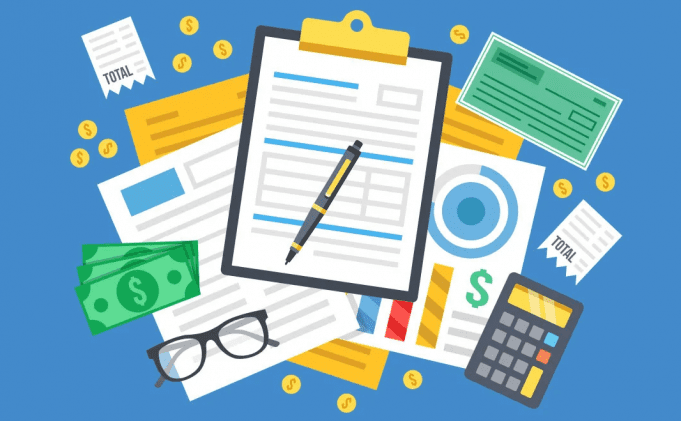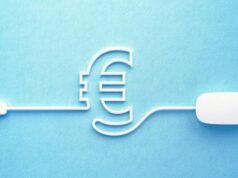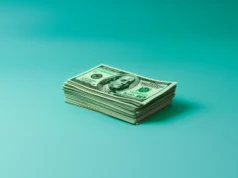Although we all saw the writing on the wall weeks before it happened, the recent coronavirus outbreak still managed to take the world by storm earlier this year.
Has the impact of COVID-19 caused you to begin stressing about your long-term financial health?
One thing is for certain: you’re not alone. This virus has impacted millions of people — billions, even — in one way or another.
Fortunately, not all hope is lost. Here are 4 financial tips to keep in mind while trying to navigate the COVID-19 pandemic.
1. Don’t Panic
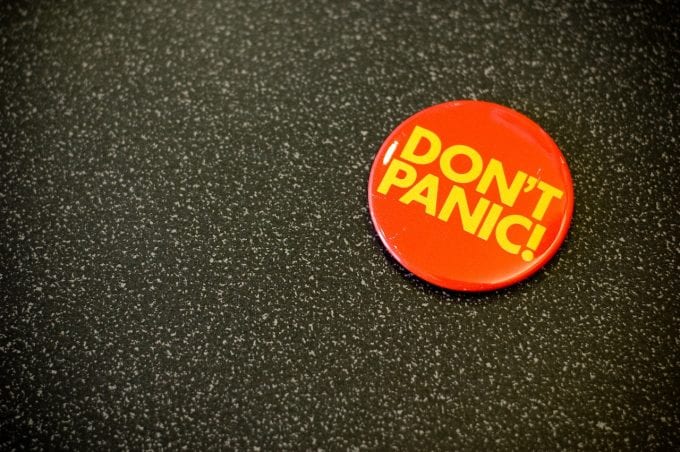
Whenever there’s a crisis, however severe it may be, it’s important not to freak out. Allowing deep fear and panic to set in is typically unproductive and it can even make matters worse.
No, our governments haven’t handled things flawlessly. The media certainly hasn’t done the public any favors. Take a deep breath, however, and you’ll find that it’s much easier to see light at the end of the tunnel.
While it’s definitely possible that COVID-19 could leave you in a pinch, financially, there is and continues to be help on the way.
According to profedcu.org, businesses, for example, have been able to get small business relief through a range of different government programs — namely, through the Economic Injury Disaster Loan (EIDL) advance and Paycheck Protection Program (PPP).
This has allowed many companies to keep their doors open, and it has incentivized keeping employees paid — even during a temporary shutdown.
Then there are the personal stimulus payments that have already been delivered to more than 88 million hardworking Americans — with more payments still on the way. There are even discussions of additional aid being provided in the event that the pandemic extends beyond its anticipated timeline.
If you haven’t already seen any relief in response to the pandemic, there are still other adjustments you can make to alleviate the financial pressures of these circumstances.
2. Pick Up Odd Jobs and Gigs for Extra Income
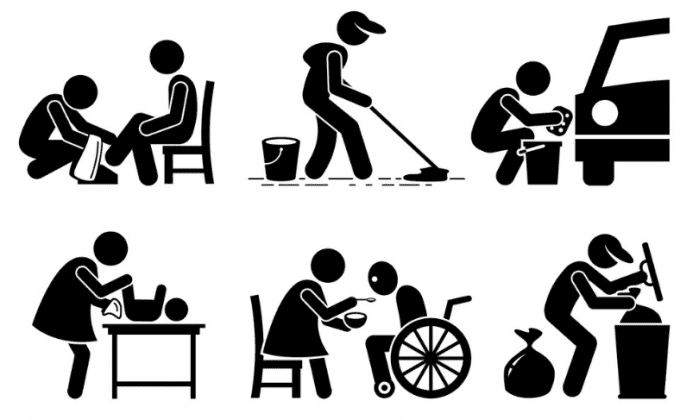
If you’re one of the millions of workers who have been furloughed due to financial hardship, there are a couple of things you can choose to do.
Of course, you can sit at home, stay safe, take the full brunt of this financial fallout on the chin, and do your best to make ends meet until the dust has settled. However, that might not be a reasonable option for some; in which case, the other option is to take up a few extra jobs to earn income.
Fortunately, the rise of the gig economy has happened at a fairly opportune time. Today, there are hundreds of potential job opportunities for those who want to work from home or pick up a few jobs on the fly.
Freelance Services

If you have any kind of skill, you can likely use it to freelance in some capacity. In fact, over 35% of the U.S. workforce is freelance; so the opportunities are clearly out there.
Writing, editing, and web designing make up some of the most common freelancing options. There are, however, plenty of other freelance options, whether it’s transcription, online teaching and tutoring, administration, graphic design, or producing. The possibilities are endless!
Delivery Services

Not too keen on freelancing? Consider a job that is still in high demand, such as food delivery. Thanks to companies like Postmates, DoorDash, and Grubhub, thousands of workers are able to earn additional streams of income.
3. Eradicate Nonessentials from Your Lifestyle

Many people have struggled to make the adjustment to a simpler lifestyle during these times.
Especially for those who have enjoyed financial stability for so long, needing to consolidate to the point where only essential items are being purchased has proven to be a challenge.
Nevertheless, it’s important — particularly if you’re in financially rocky waters at the moment — to limit your spending to only the things you absolutely need.
The most obvious reason for this is because the federal government, as well as most states, is asking people to leave their homes as little as possible. The more nonessentials you convince yourself to buy, the more trips to the stores you’re likely to make and the longer you’re likely going to spend in those stores.
This not only puts you at risk of being infected by COVID-19 but also the people around you.
However, even if you have the opportunity to splurge online, it might not be in the best financial interest of you or your family.
So, while it may be tempting to buy that new laptop or sign up for the latest streaming subscription, resist the urge to make purchases are only going to plunge you into even more financially turbulent territory.
4. When in Doubt, Save
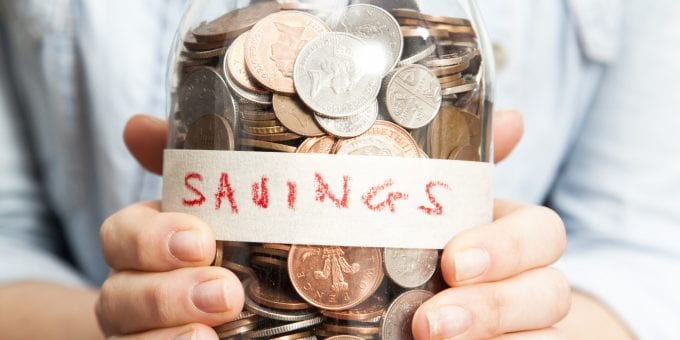
Perhaps one of the most fear-inducing aspects of the outbreak is the uncertainty of when the economy will “open” again.
Millions of people are in employment limbo, with no real indication as to when they could be expected to return at work. Yet, every day without income is a day that many families are forced to slide further into debt.
If you’re one of the fortunate people who are still able to work — whether it’s because you’re an employee at an “essential” business or because you’ve been granted the option of working from home — you may have a hard time relating to the need to temporarily downgrade your lifestyle.
Given the level of uncertainty, however, it’s wise to place an emphasis on saving money whenever possible. Not knowing whether you’ll be the next person laid off should cause you to be cautious regarding how to use your money and current income.
A recent survey shows that 69% of Americans have less than $1,000 in their savings accounts; and to no surprise, it’s those who have been laid off and don’t have money in savings who are in the most financial trouble at the moment.
Building up your savings and emergency accounts is a fantastic way to strengthen your financial position — both during these uncertain times and for when we’ve finally reached the other side of this pandemic.

